FIFA Club World Cup
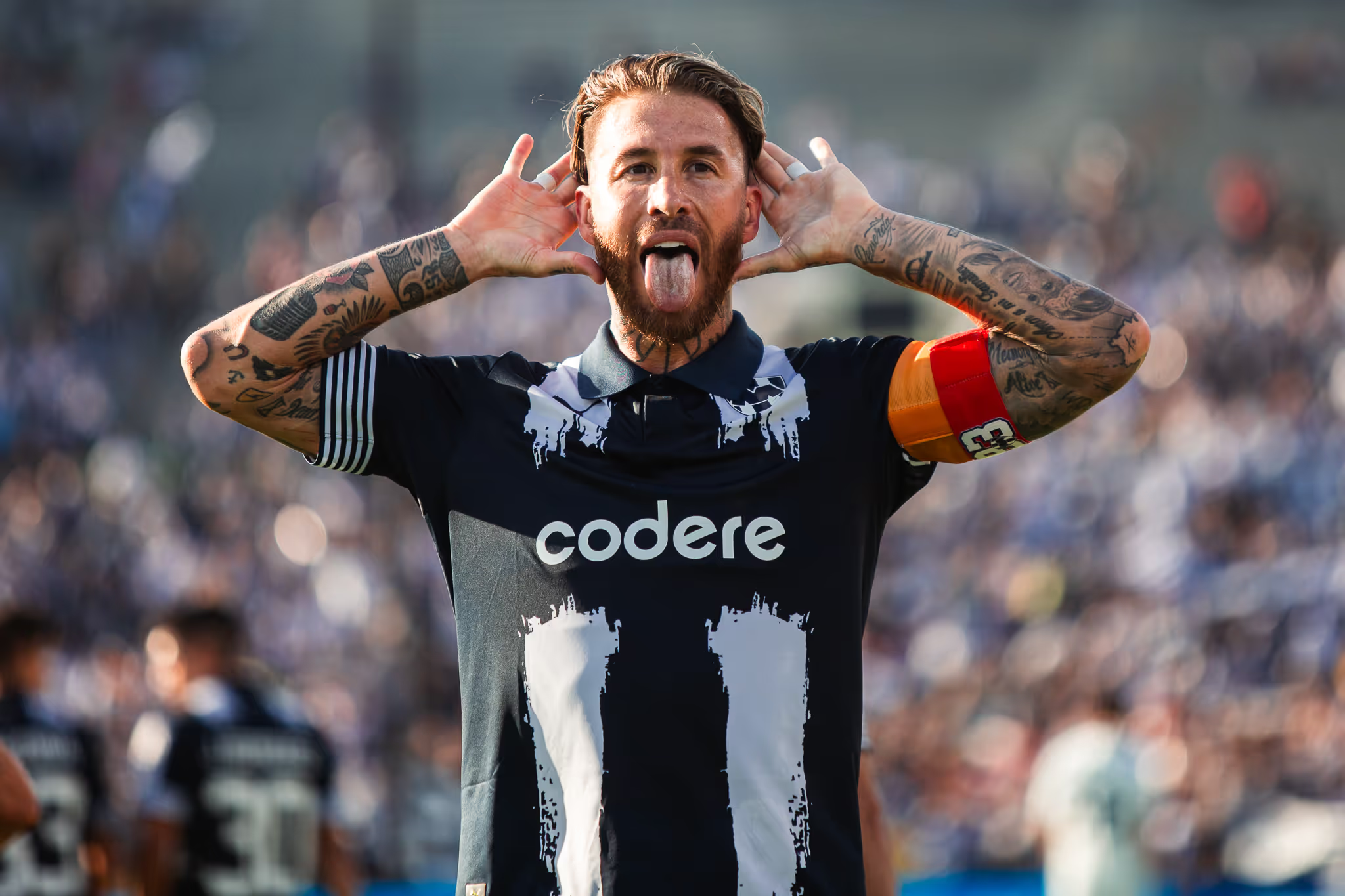
In a compelling Club World Cup opener that paired pedigree with ambition, Inter Milan and Monterrey played to a 1-1 draw that revealed as much about enduring brilliance as it did about emerging strategies. At the heart of the contest were two veterans whose contrasting paths brought them to this moment: Henrikh Mkhitaryan, still orchestrating play in Inter’s midfield at 36, and Sergio Ramos, proving at 39 that leadership and timing remain his greatest assets.
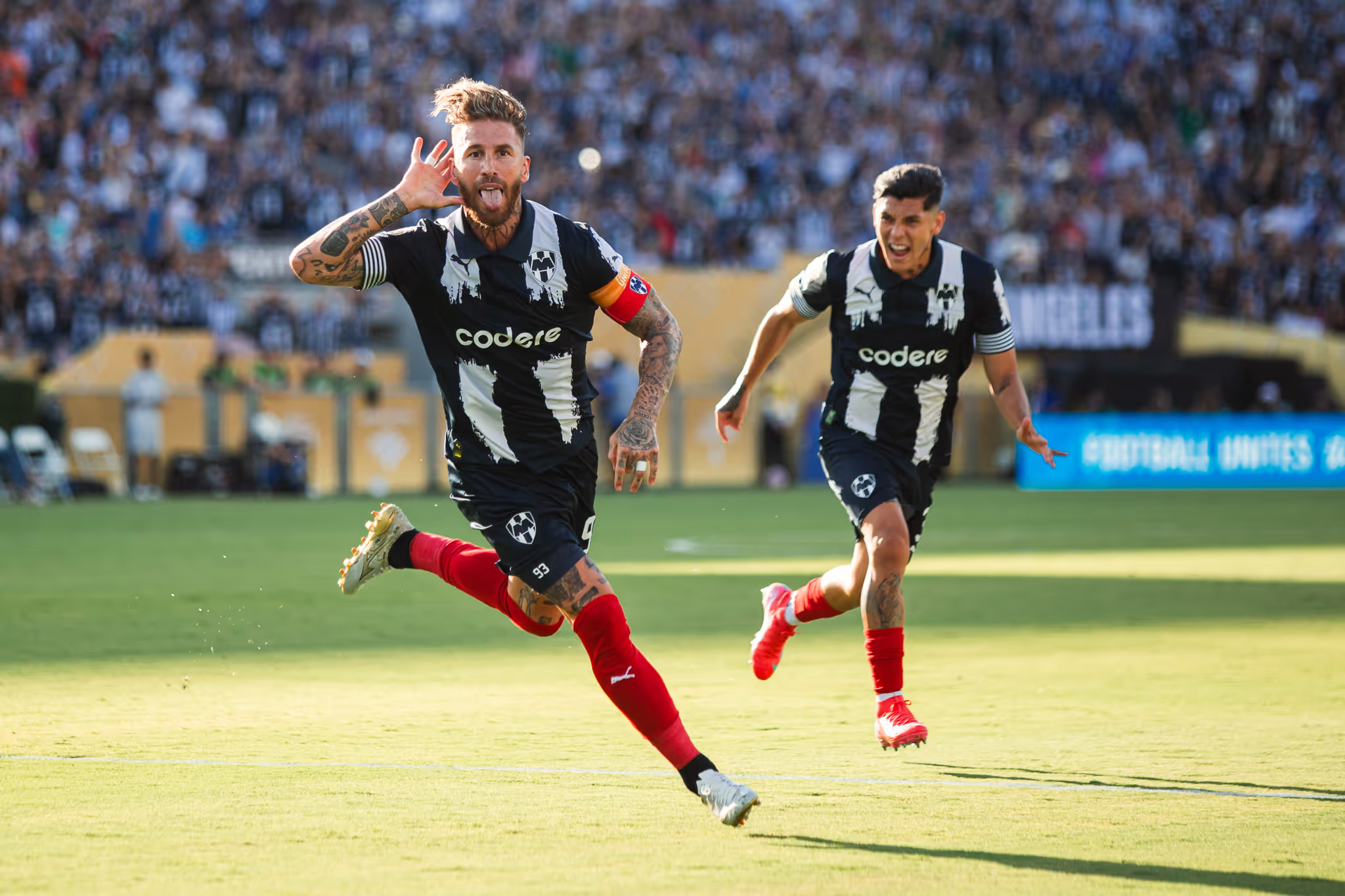
For Inter Milan, the performance of Henrikh Mkhitaryan was a masterclass in positional intelligence and composure. Starting on the left side of a midfield trio under new coach Cristian Chivu—who appears to share former coach Simone Inzaghi’s trust in the Armenian—Mkhitaryan’s calm presence was pivotal to Inter’s possession game.
Rarely wasteful on the ball, Mkhitaryan leveraged his close control and spatial awareness to navigate Monterrey’s press. His ability to receive under pressure and progress play through clever turns and passes ensured that Inter dictated much of the game’s tempo. As the match evolved, so did Mkhitaryan’s role. Transitioning into a more advanced position in a 3-4-1-2 shape after halftime, he operated with increased attacking intent, finding pockets of space and contributing to Inter’s attempts to regain the lead.
His shift to an attacking midfield role showcased his adaptability—a reminder that while his pace may have declined, his footballing brain remains sharp and decisive. According to Tuttosport, his performance was among the best on the pitch, reinforcing his continued relevance in high-stakes international fixtures.
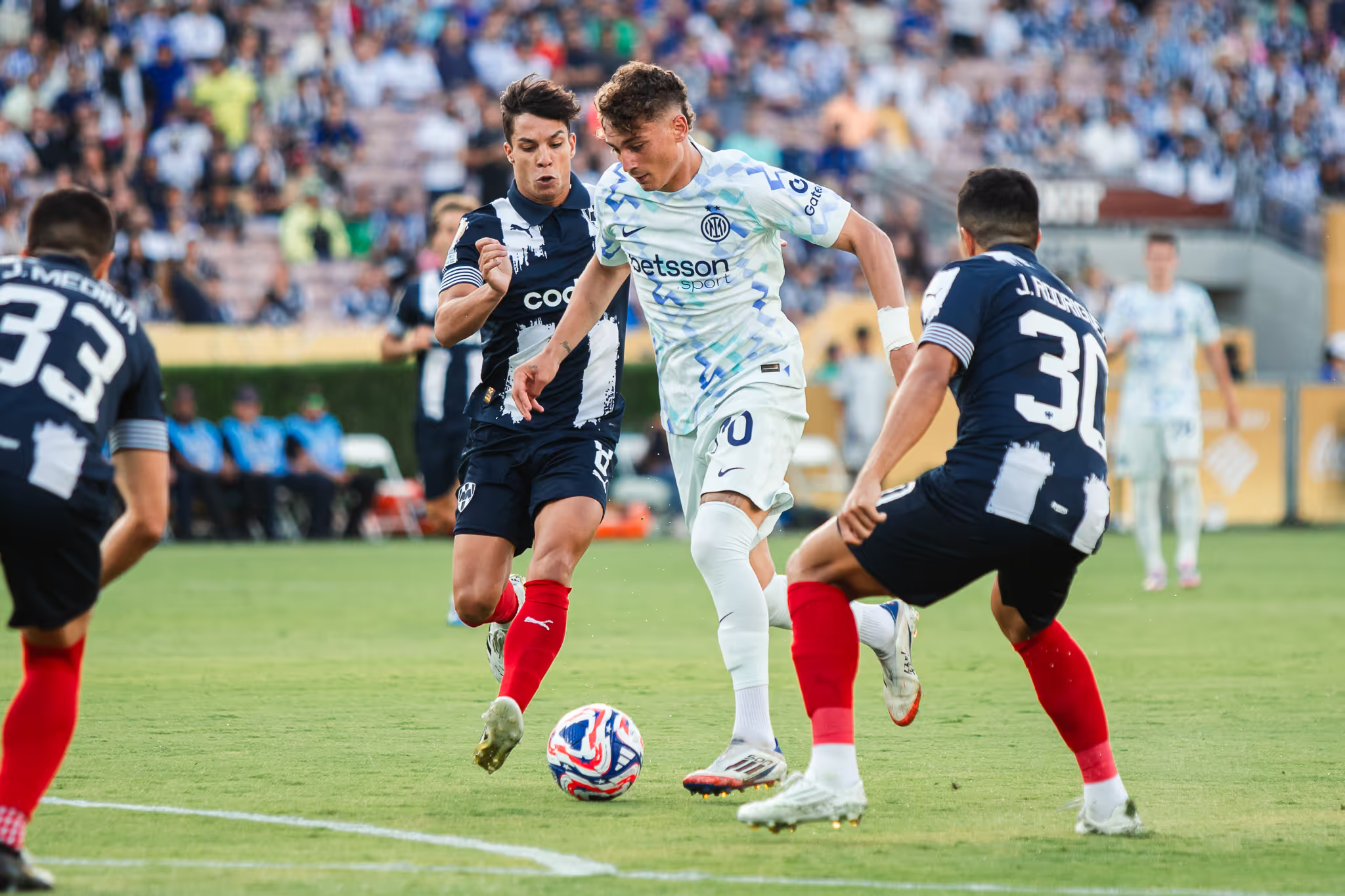
While Mkhitaryan kept Inter ticking, Sergio Ramos provided the evening’s defining moment. Rising above Inter’s defenders to nod home Monterrey’s opener, the Spanish icon briefly transported fans back to his Real Madrid heyday. The goal, crafted with a mix of anticipation, strength, and elegance, underscored why Monterrey had sought his signature despite his age and recent nine-month absence from competitive football.
Ramos’ decision to join Monterrey—eschewing lucrative offers from Saudi Arabia and Major League Soccer—was driven by a desire to compete at the Club World Cup, and his choice has already borne fruit. Now captaining the Liga MX club, Ramos has become both a defensive anchor and a surprising offensive contributor, embodying the mentality that has defined his career.
Off the ball, Ramos commanded the back line with his trademark intensity, and his vocal leadership helped Monterrey hold their shape against Inter’s second-half pressure. While he was partially at fault for Lautaro Martínez’s equalizer—a goal that came from an exceptional Inter sequence—it was a forgivable lapse in an otherwise commanding performance.
Coach Domènec Torrent, in his first major test with the team, praised Ramos’ impact on and off the pitch: “His character, his personality—he’s a leader every day,” Torrent said. “He brings information and expectation. I know I can trust him.”
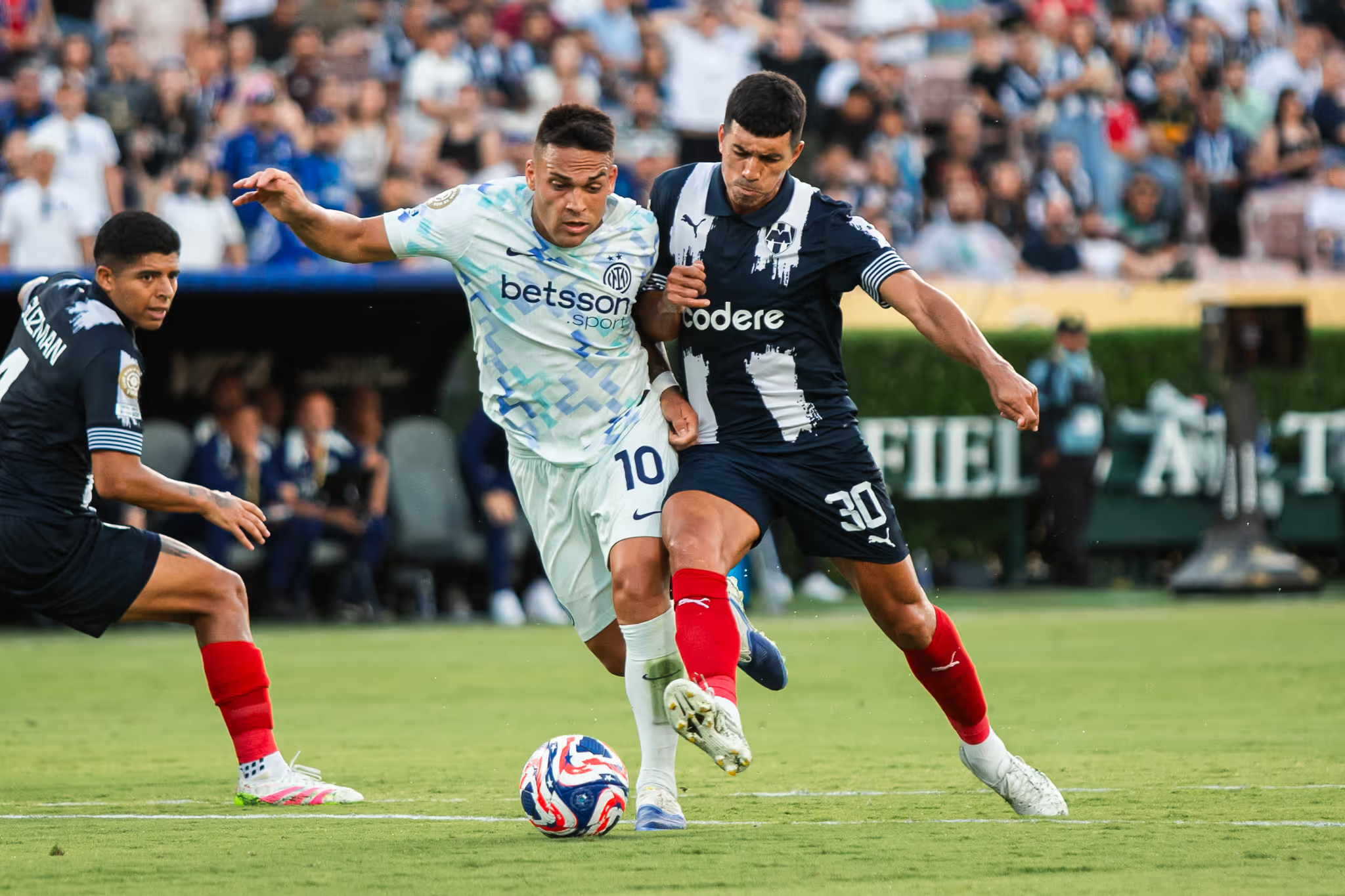
While the final result—1-1—suggests parity, the subplots revealed two clubs with different ambitions and stages of evolution. Inter, runners-up in last season’s Champions League, are reshaping under Chivu while still leaning on veterans like Mkhitaryan. Monterrey, meanwhile, are building something ambitious, anchored by leaders like Ramos and fellow former Madridista Sergio Canales, who nearly scored with a 30-yard rocket that struck the post.
Monterrey's qualification for the tournament, earned in 2021 through CONCACAF Champions League glory, finally bore fruit as they earned a point against one of Europe’s elite. It was a just reward for their balance of structure and daring, and Ramos’ late-match resolve helped them hold off Inter’s advances to preserve the draw.
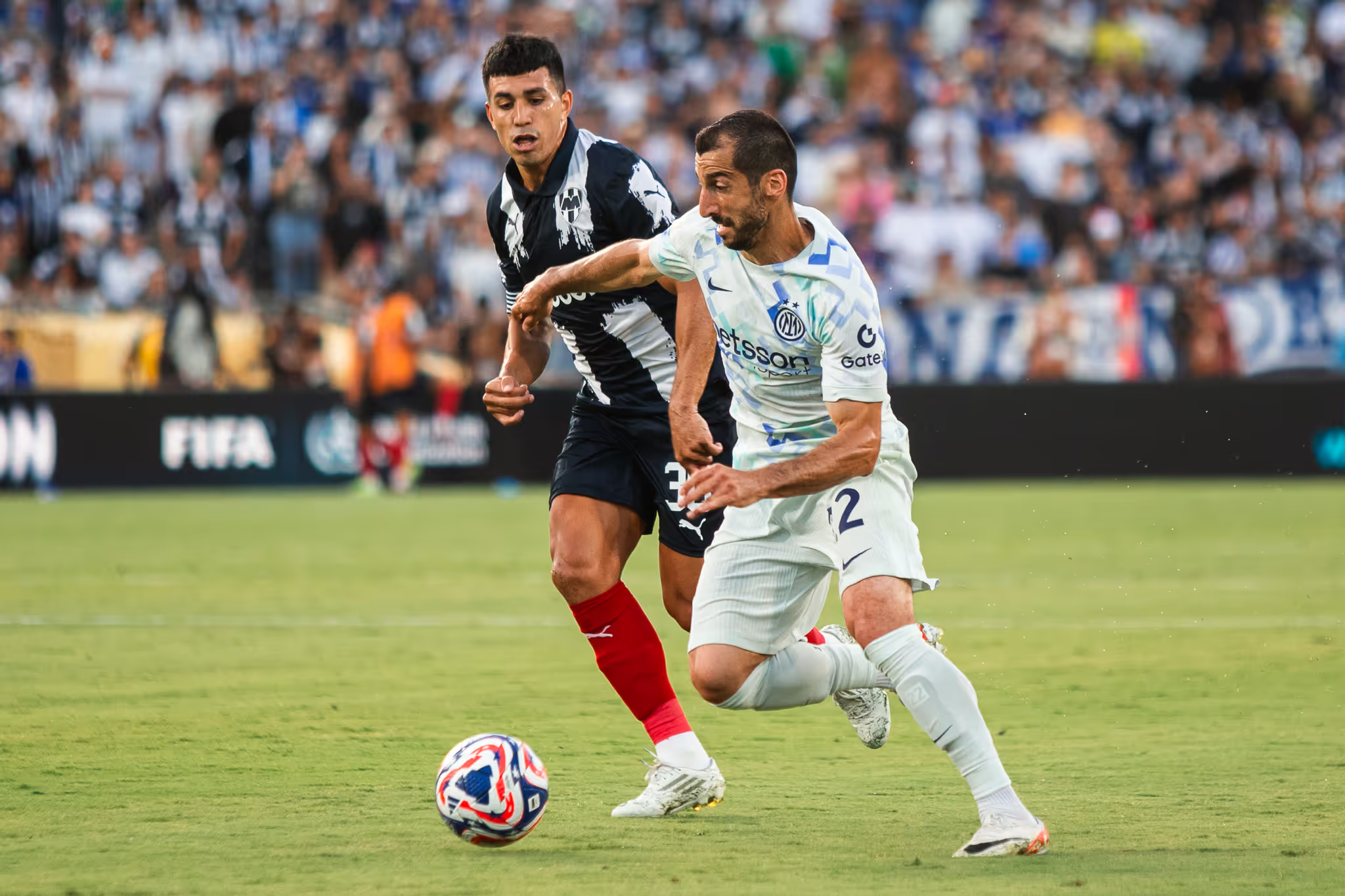
For Inter, this match was a reminder that despite their technical superiority, execution in key moments will determine their Club World Cup fate. Players like Mkhitaryan, who combine experience with high football IQ, will be crucial as the games intensify.
Monterrey, meanwhile, may have discovered the formula for competing with Europe’s giants: disciplined defending, inspired leadership, and just enough quality in the final third to shift the balance. With Ramos setting the tone and Canales offering offensive brilliance, they’re more than just a Cinderella story—they’re contenders.
As the Club World Cup expands in ambition and profile, stories like these—the enduring class of Mkhitaryan, the resurgence of Ramos—are exactly what the tournament needs. Not merely a spectacle of champions, but a stage where legends prove their relevance and clubs from outside Europe’s elite remind the world of football’s global reach.